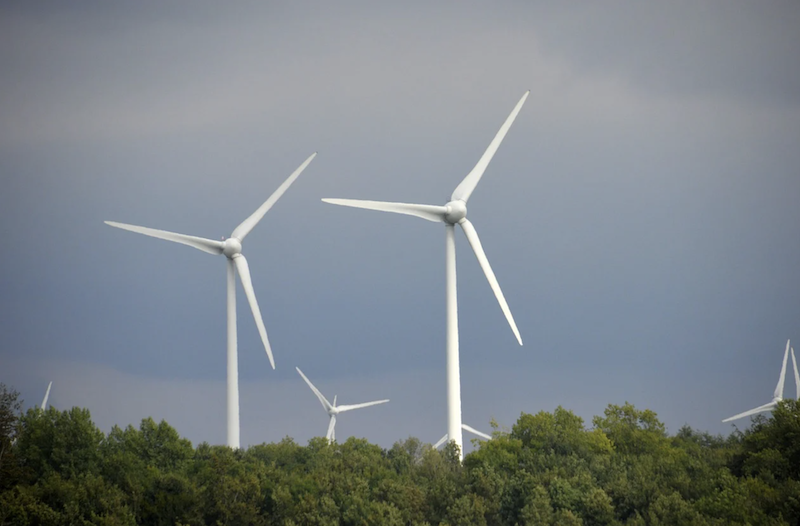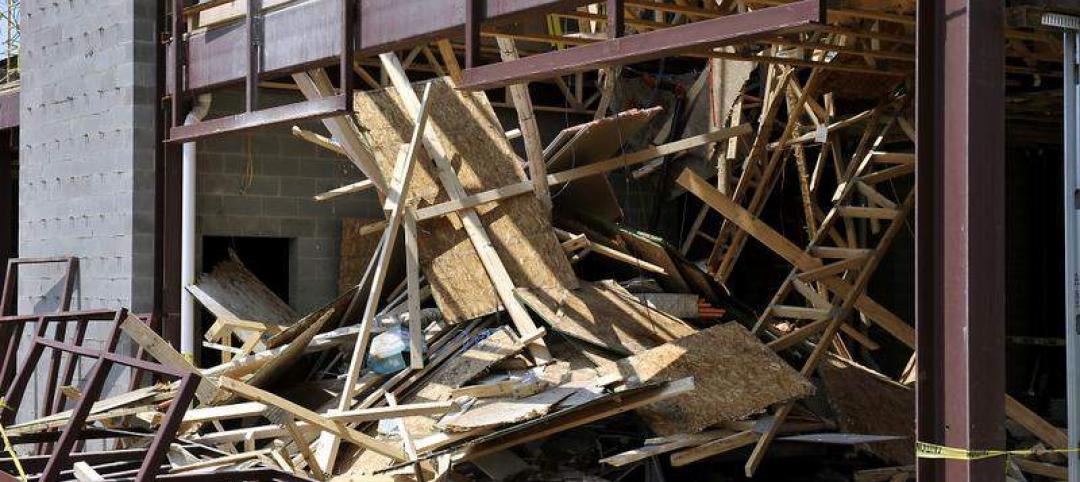The U.S. electric grid is making significant progress to zero-carbon status, according to a report from the Lawrence Berkeley National Laboratory.
Greenhouse-gas emissions from the electricity sector last year were 52% lower in 2020 than the U.S. Energy Information Administration predicted they would be back in 2005, the report says. Power-sector emissions fell 40% from 2005 to 2020, with much of the drop driven by cheap natural gas supplanting coal as the dominant fuel for U.S. power plants.
Further emissions cuts will require greater adoption of clean technologies such as energy storage, and that is achievable with the declining cost of solar and wind power generation, and battery storage, the report says. Low-carbon resources could reliably meet as much as 70%–90% of power supply needs at low incremental cost.
Other sectors, including the built environment, have made less progress in cutting emissions. Residential building emissions declined 29% from 2005 to 2020. Commercial building emissions dipped 32% during the same period.
Grid-interactive efficient buildings could help to make the grid more efficient by reducing the need for new supply and delivery infrastructure and providing another form of demand flexibility.
Related Stories
| Sep 26, 2012
Automatic budget cuts in January would slash federal agencies' construction budgets
Sequestration, or the implementation of automatic budget cuts as of January 2013, would slash government agencies' already reduced construction budgets further, and require agencies to shelve some repair and maintenance projects.
| Sep 26, 2012
Investment in greener data centers to reach $45 billion by 2016
Investment in data centers built to green standards will increase from the $17.1 billion predicted for this year to $45 billion by 2016, according to Pike Research.
| Sep 26, 2012
OSHA fines on fall-protection violations challenged by New York contractor
A New York masonry contractor is contesting an OccupationalSafety and Health Administration $136,290 fine for violations of fall-protection standards.a
| Sep 26, 2012
Construction workplace deaths decline nearly 7% in 2011
There were 721 construction-workplace deaths in 2011, according to the Bureau of Labor Statistics, down 6.8% from 2010.
| Sep 26, 2012
Contractors save $9 billion due to revised California emissions rule
The California Air Resources Board made changes to a rule limiting off-road diesel emissions that could result in contractors saving about $9 billion.
| Sep 20, 2012
Smithtown, N.Y. considers bigger fines for building code violations
After a Suffolk County grand jury recommended stiffer fines for illegal demolitions, Smithtown, NY officials are weighing tougher penalties for developers who violate the town building code.
| Sep 20, 2012
AGC awarded federal grant to provide fall-protection safety program
The Associated General Contractors of America will continue to provide fall protection safety training next year after being awarded a federal safety grant.
| Sep 20, 2012
East Lansing officials accused of ignoring unauthorized project that led to partial building collapse
The unauthorized construction of a fifth-floor penthouse on a downtown East Lansing, Mich. mixed-use development led to a partial building collapse earlier this year.
| Sep 20, 2012
Reflective roofs could reduce rainfall in Arizona
Green standards may have to take into account the impact of reflective roofs on rainfall in the desert Southwest.
| Sep 20, 2012
Earth Advantage Institute offers green certification for small commercial buildings
Earth Advantage Institute announced a new green building certification aimed at new or substantially remodeled small commercial buildings built to green standards.

















